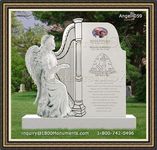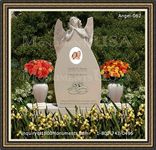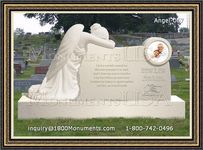|
Customs To Expect At Jewish Funeral Services
Certain rituals are normally performed at a Jewish funeral. These rituals vary, mainly depending on which community the deceased is from and the person who is officiating the wedding. Some officials are quite strict in observing that all rituals are performed as required, while others are flexible. The customs carried out aim at showing respect to the deceased as well as the mourners.
The burial should take place within twenty four hours after death. However, there are some instances that may prevent this from happening. If close family members of the deceased are based in far away location, the burial will have to be delayed until the relatives have arrived. However, the funeral should generally be carried out as soon as possible.
Viewing of the body is not allowed. The casket is normally sealed during the memorial service and burial. The casket chosen should be simple and be made out of wood only. No metallic parts are allowed as metal is not biodegradable.
The body is not embalmed unless it is mandatory by law. This is to allow for fast decomposition when buried. A sacred society can be called upon to cleanse the body of the deceased and prepare it for burial. They bath the deceased and dress him.
The burial ceremony does not take a long time. It can be completed in less than half an hour. Flowers are normally considered as frivolous adornments, so they are often avoided at burials. If you wish, you can choose to have a small floral tribute, as long as the officiant is not opposed to it. Mourners cannot talk to the attendees until the whole burial ceremony is over.
At the conclusion of a Jewish funeral, mourners pass through the middle of the parallel line formed by the attendees. The attendees recite consoling words to the mourners. To symbolically cleanse themselves, mourners can wash their hands when leaving the graveside.
|
|



























